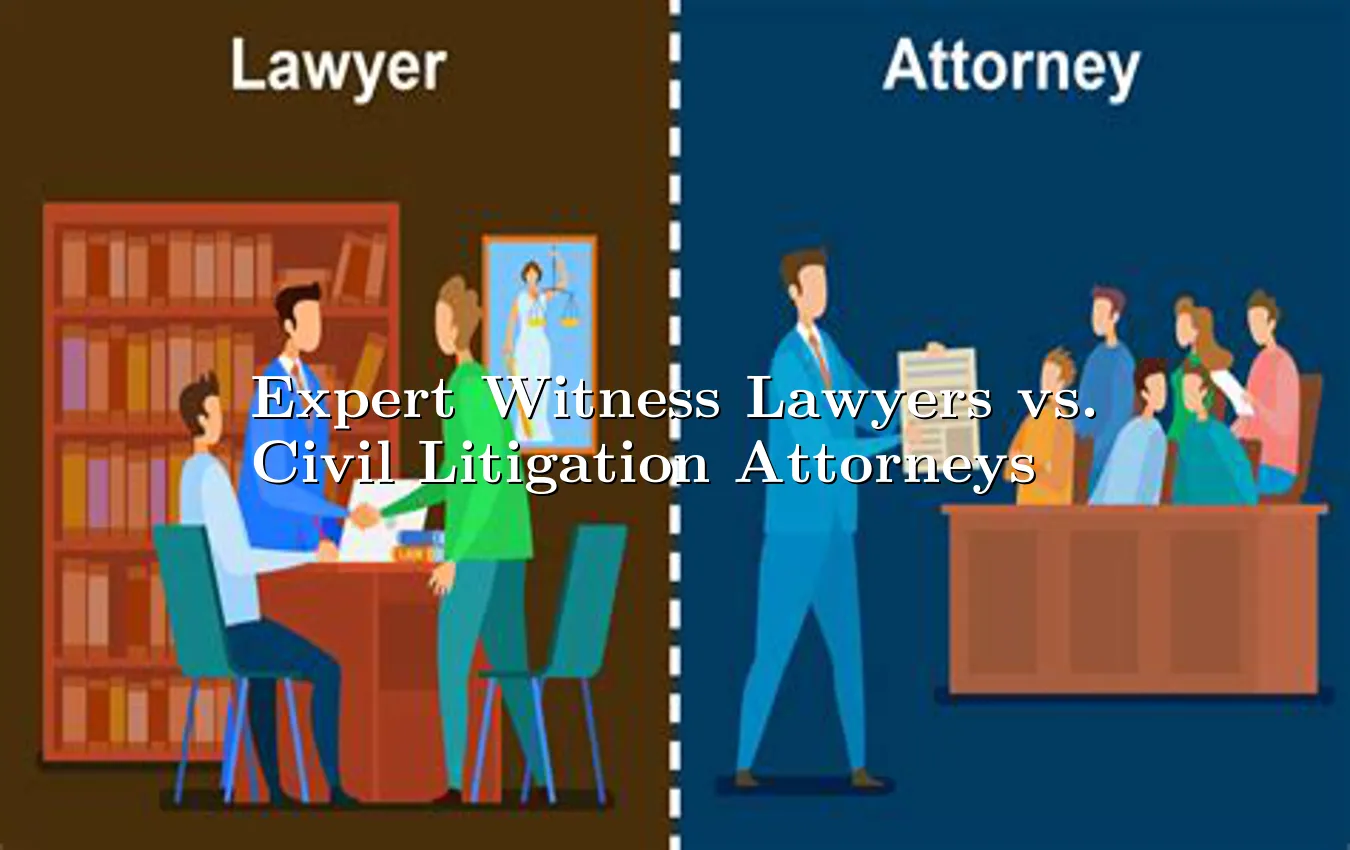
Description : Discover the advantages of choosing a leading law office and the crucial factors to consider when selecting legal representation. Learn about expertise, resources, and reputation.
Leading law offices offer a range of benefits to clients, often exceeding the services provided by smaller firms. These advantages stem from extensive experience, specialized expertise, and robust resources. This article delves into the key benefits of engaging a leading law office and the important considerations for making an informed decision.
Choosing a leading law office can significantly impact the success of a legal matter. These firms often boast a track record of success in complex cases, which translates to a higher probability of a favorable outcome. Their experience allows them to anticipate potential challenges and strategize effective solutions, ultimately saving clients time and resources.
Furthermore, leading law offices typically possess a wealth of resources, including experienced legal professionals, sophisticated technology, and extensive support staff. This comprehensive support system allows them to handle intricate cases with precision and efficiency. They often have access to cutting-edge legal research and databases, giving them a significant advantage in navigating complex legal landscapes.
Read More:
Expertise and Specialization
One of the most significant advantages of a leading law office is their depth of expertise. These firms often specialize in particular areas of law, such as corporate law, intellectual property, or criminal defense. This specialization allows lawyers to develop a deep understanding of intricate legal concepts and procedures within their chosen field.
Specialized Expertise: Leading law offices often have dedicated teams of lawyers focusing on specific areas, allowing for a level of expertise that smaller firms may lack.
Experienced Professionals: Attorneys in leading law offices typically have years of experience and a proven track record of success in handling complex cases.
Advanced Legal Knowledge: They often have access to cutting-edge legal research and resources, ensuring they remain at the forefront of legal developments.
Resources and Support Staff
Beyond individual expertise, leading law offices possess robust support systems. These include paralegals, legal assistants, and administrative staff who handle various tasks, allowing lawyers to focus on legal strategy and client interaction.
Efficient Case Management: The support staff ensures efficient case management, streamlining the process and minimizing delays.
Advanced Technology: Leading law offices often utilize advanced legal technology, such as case management software and document review systems, to enhance efficiency.
Extensive Network: Their extensive network of contacts and resources can be invaluable in complex cases, facilitating access to essential information and experts.
Reputation and Credibility
The reputation of a leading law office often precedes them. Years of successful representation and positive client outcomes contribute to a strong reputation within the legal community and the wider public.
Interested:
Proven Track Record: A leading law office's reputation is often built on a track record of success in handling complex cases and achieving favorable outcomes for clients.
Community Recognition: Their reputation often extends beyond the legal community, earning recognition and trust among clients and the broader community.
Referral Network: A strong reputation can lead to referrals from other professionals, further solidifying the firm's position as a leading entity in the legal field.
Cost Considerations
While leading law offices often command higher fees compared to smaller firms, the potential for a more favorable outcome and the value of their expertise can often justify the investment.
Value Proposition: The perceived value of the expertise and resources of a leading law office often justifies the higher fees.
Potential for Higher Recovery: The experience and resources of a leading law office can increase the likelihood of a favorable outcome and potentially higher compensation for clients.
Long-Term Cost Analysis: Clients should consider the potential long-term costs and benefits of engaging a leading law office, weighing the fees against the potential return on investment.
Case Studies and Examples
The success stories of clients represented by leading law offices often highlight the advantages of choosing such firms. For example, a leading law office specializing in intellectual property law might successfully defend a client against patent infringement, leading to significant financial rewards.
Another example could be a leading law office specializing in corporate law guiding a company through a complex merger or acquisition. Their experience in navigating the complexities of such transactions can save the company considerable time and resources.
Choosing a leading law office can present significant benefits, from specialized expertise and robust resources to a strong reputation and proven track record. However, it is crucial to carefully consider the potential costs and weigh them against the potential benefits. Ultimately, the decision to engage a leading law office should be based on a thorough evaluation of the specific needs of the case and a realistic assessment of the potential return on investment.
By understanding the factors associated with leading law offices, clients can make informed decisions that maximize their chances of success in legal matters.
Don't Miss:






















